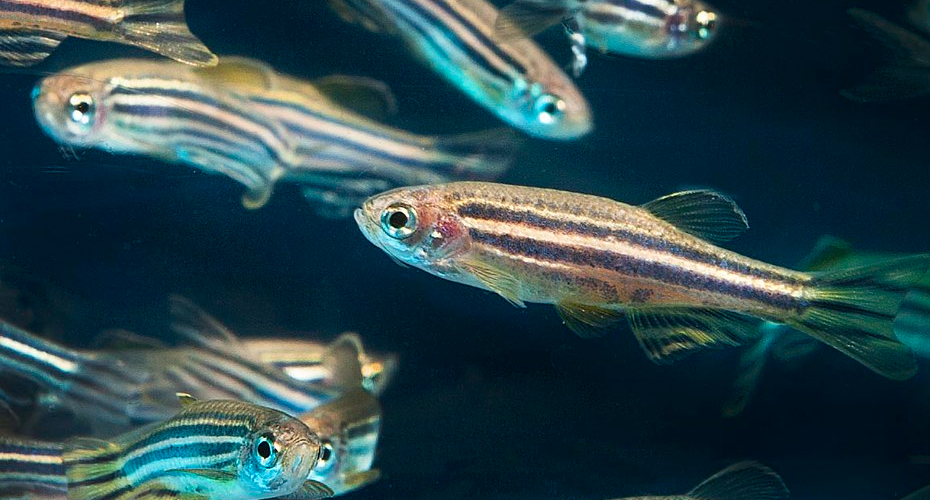Research with AstraZeneca highlights 'zebrafish' potential to speed up drug discovery process
A collaboration between the University of Exeter and AstraZeneca has advanced the use of zebrafish models as an important tool in the process of drug target validation.

In 2022, the University of Exeter, in collaboration with AstraZeneca, embarked on a research programme to address the need for a rapid whole-animal ‘screen’ to support higher throughput assessment in drug discovery, enhancing the amount of information processed during the discovery phase.
A fundamental step in the discovery of any new drug is target validation, where the link between a molecular target and an associated disease phenotype is tested. In almost all cases this involves genetic knockout or over-expression of a target gene, and the assessment of the resultant ‘disease’ phenotype in a cell or animal-based model system.
Leveraging CRISPR/Cas9 gene editing technology, researchers set out to use zebrafish to improve the efficiency of target validation processes.
The Challenge
The current ‘gold standard’ approach to support candidate gene predictions in humans – i.e. identifying whether a drug will have a positive effect on patients – is through the use of genetically modified (GM) mice. However, the cost and timescales involved mean that only very few new targets can be progressed each year. In contrast, CRISPR/Cas9 gene editing in zebrafish makes genetic modification easier.
Zebrafish also have an accessible physiology that might translate well for predictions about the human genome, making it possible to test and validate multiple gene targets in vivo – in the zebrafish organism – at the same time. Here, the initial aim of this collaborative research was to assess this potential use of zebrafish to support AstraZeneca’s drug target validation activities.
Through funding awarded from AstraZeneca in 2020, researchers at Exeter successfully developed a CRISPR/Cas9-mediated gene mutation approach in developing zebrafish embryos. These mutants were then assessed for functional and structural impacts on organ systems, and the resulting data are now supporting AstraZeneca's target validation decision-making process.
The zebrafish ‘screening’ approach is now established as a new tool for AstraZeneca.
Results
Thanks to the collaborative research programme, the zebrafish ‘screening’ approach is now established as a new tool for AstraZeneca’s target validation. It is, in many cases, being used to triage a larger potential target gene hit list to support candidate gene progression in AstraZeneca’s drug discovery programme.
This project subsequently formed the foundation for additional partnerships with AstraZeneca Drug Discovery – including a Royal Industry Fellowship, two funded PhD studentships and two BBSRC industrial partnership awards – in which proprietary technology, expertise and funding has been shared for further fundamental and applied research work at the University of Exeter.
Future plans include expanding activities to high-impact human diseases, incorporating novel knock-in and knockout technologies, and improving CRISPR/Cas reagent delivery efficiency. Ultimately, the research team aims to build on this success and establish the University of Exeter as a centre of excellence for zebrafish-based drug discovery support.
